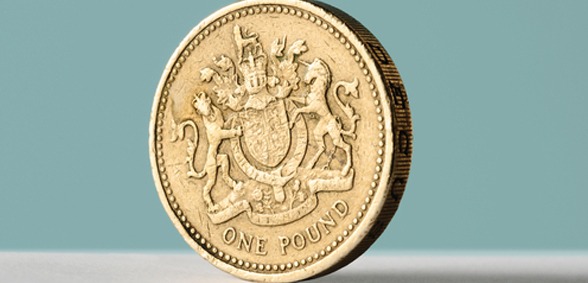
Research has demonstrated that 19.6% of patients taking rimegepant for a migraine reported being free from pain after two hours, compared with 12.0% in the placebo group
This is an edited version of an article first published by the Pharmaceutical Journal.
New research published in The New England Journal of Medicine has shown that Rimegepant, a medicine belonging to a new class of migraine treatments, relieves symptoms in patients with moderate or severe migraine pain.
Researchers from Albert Einstein College of Medicine in New York in collaboration with Biohaven Pharmaceuticals, the drug manufacturers, assessed 75mg rimegepant against placebo in 1,186 men and women as part of a randomised, double-blind trial.
Two hours after treatment, 19.6% of patients in the rimegepant group reported being free from pain compared with 12.0% in the placebo group.
Freedom from their most bothersome symptom, such as sensitivity to light or sound, was reported by 37.6% of patients in the rimegepant group and 25.2% in the placebo group, although nausea remained a consistent problem among the two groups.
Nausea and urinary tract infection were the most common adverse events reported in each group; no adverse cardiovascular effects were observed.
“These results confirm that rimegepant’s mechanism of action — blocking the calcitonin gene-related peptide pathway — effectively relieves pain and associated symptoms that occur during acute migraine attacks,” said lead researcher Richard Lipton, a neurologist at Albert Einstein College of Medicine and lead author of the study.
Rimegepant is not yet licensed in the UK but, if research keeps proving it as effective, we might see its introduction in the future.
Don’t forget to follow us on Twitter, or connect with us on LinkedIn!

Be the first to comment